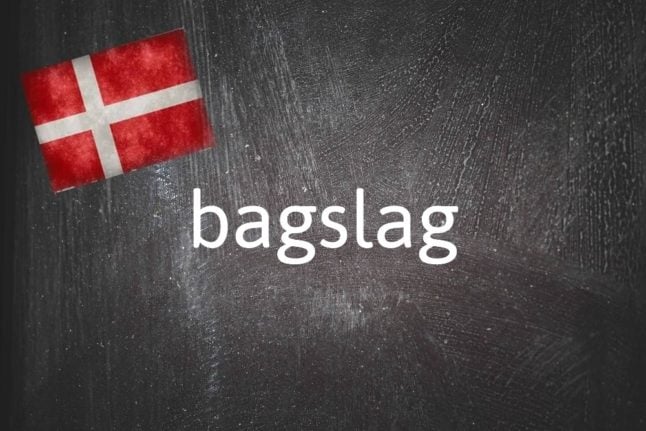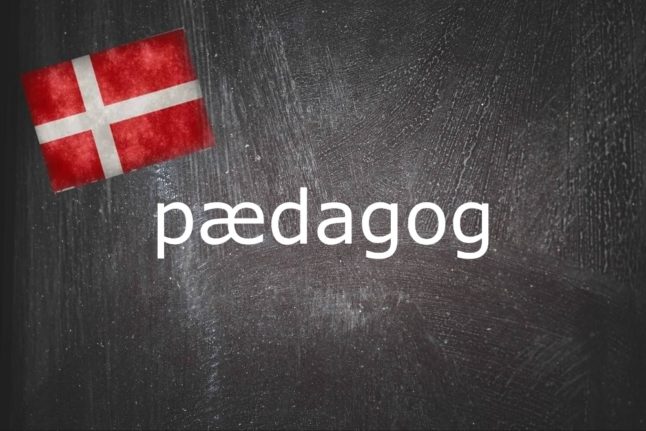What is bagslag?
Bagslag is a compound word made up of bag – back, and slag – hit. It refers to an unexpected and negative consequence which derails or delays the progress of some sort of goal or event, and can best be translated in English as either “setback” or “backfire”.
This negative, unwanted consequence can be the result of short-termism or otherwise poor decision making.
For example, a 2022 column in newspaper Politiken argued that regeringens uddannelsespolitik giver bagslag (“the government’s education policy is backfiring/causing backfires”), because it had previously decided to cut English-language university courses, but was now looking likely to need them.
You might also see an opinion like denne sag can give bagslag for regeringen (“the issue could be a setback for the government”) where the bagslag is more of a general setback or obstacle than something backfiring.
Why do I need to know bagslag?
The word can also be found in Swedish as bakslag. Sweden’s Old Farmer’s Almanac, Bondepraktikan, an old-fashioned guide to the weather and the seasons, talks about sju bakslag innan våren kommer – the seven setbacks before spring arrives.
These setbacks might have included unexpected cold snaps or snowstorms which arrive in February and March, just when you start to think spring has finally arrived, and which can wipe out small seedlings if planted too early.
Given the beautiful spring weather at the time of writing, it seems a bit pessimistic to mention a seasonal bagslag today of all days… but you never know.



 Please whitelist us to continue reading.
Please whitelist us to continue reading.
Member comments